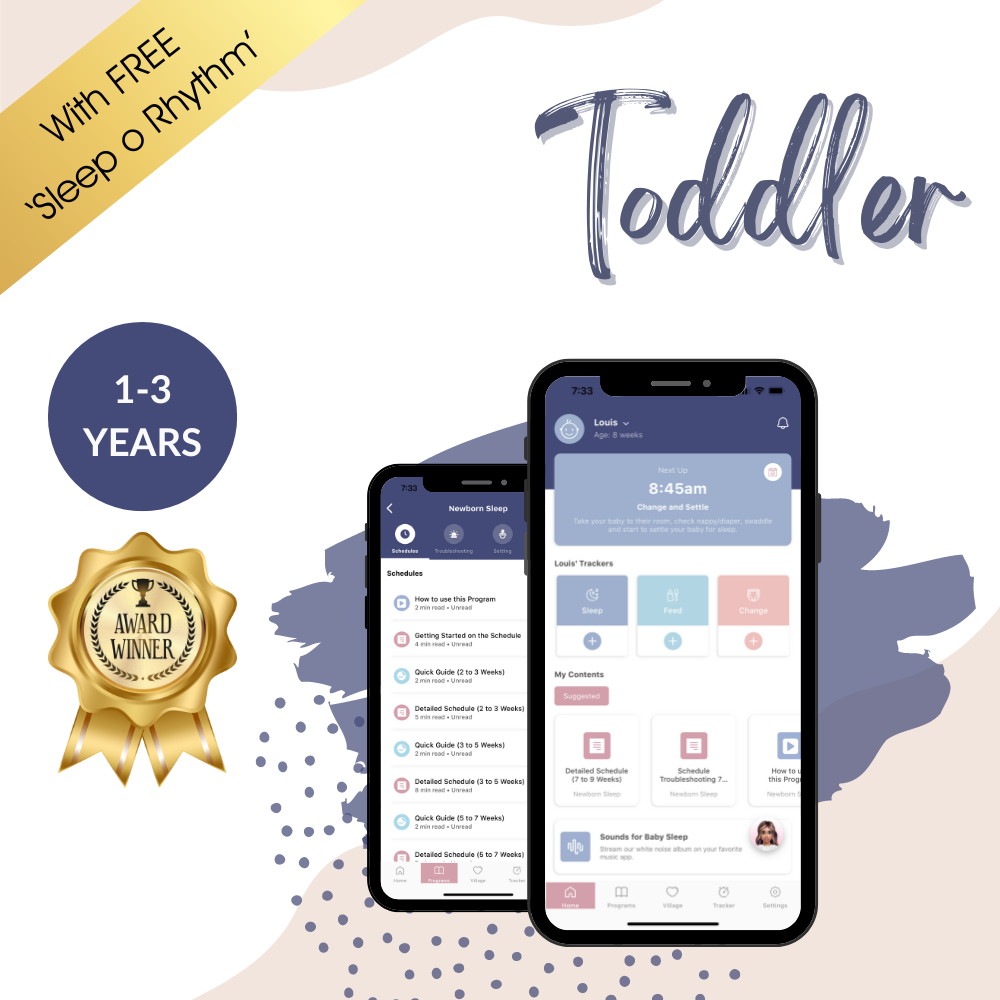
Evidence-Based Nutrition: What It Is & Why It Matters
Nutrition for your little one can be a controversial subject and it can sometimes feel like everyone from your great grandmother to bloggers on Instagram will give you differing opinions on what, when and how to feed your baby. There is also a large amount of conflicting information available on the internet, and parents can often feel like they have no way of deciphering which information they can trust to make the best decision for their little one.
Infant feeding is very important to get right because the first years of life are a critical window, and what your little one eats in these formative years can impact their health throughout their childhood and into adulthood. Research shows that children with inadequate nutrition in the first few years are at an increased risk of diseases such as cardiovascular (heart) disease, type 2 diabetes and obesity.
Diet is also extremely important in the short term and can have an impact on various areas of health. Some examples of this include:
- Immunity and infection: A diet low in certain nutrients like iron and zinc, can result in a poorly functioning immune system, which could mean more sick days and longer periods of infection.
- Risk of allergy: There is a particular window for introducing allergen foods, and offering these foods for the first time outside of this window can actually increase a little one’s risk of developing an allergy.
- Gastrointestinal health: Introducing solids too early may have a negative effect on a little one because their gut may not be mature enough to process foods when they are below a certain age.
- Dietary preference and food choice: Introducing flavours and textures when your little one is developmentally ready for them can impact their readiness to try new foods, accept new flavours, and explore new textures. Conversely, introducing flavours or textures at the incorrect times could lead to decreased variety in the diet.
- Growth: A nutritious diet is vital to healthy growth in early life, and ensuring babies meet their macronutrient and micronutrient requirements helps to give them the best chance to grow healthy and strong.
Get your little one’s sleep back on track.
Get guidance, advice & exclusive support through the sleep regressions, nap transitions and big sleep changes to come.
Get our Sleep Programs
So how can we know that we are making the ‘best’ choices when it comes to our little ones nutrition?
The answer is, by using ‘evidence based nutrition’! Evidence based nutrition utilises the most recent and robust scientific evidence available and all recommendations have been objectively tested and researched to ensure that they provide the best possible information for your wee one.
In other words, to make the most informed choices possible for our babies, it is important to ensure we are using advice or recommendations that have been tested using scientific method, otherwise it is extremely difficult to objectively know if they are correct or effective. Further, evidence based nutrition changes to incorporate newly discovered research so that health outcomes continue to improve as our understanding and knowledge increases.
How can I ensure that the nutrition information I receive will always be evidence based?
By speaking to a dietitian. Dietitians are university qualified nutrition experts who have studied science for a minimum of 4 years at an established university. They have a comprehensive understanding of the human body as well as an exceptional knowledge of biochemistry, metabolism, and the gastrointestinal tract. Dietitians also commit to continued professional development for the duration of their career, and are held to ethical standards to ensure that their knowledge is always evidenced-based and up to date, which means they can help to wade through the huge amount of conflicting information available.
While there are many nutrition ‘experts’ out there, those that aren’t following evidence-based guidelines can give advice, but this advice may not be empirically tested and they may not be held accountable for their claims.
Seeking advice from health professionals that use evidence-based nutrition and best practice guidelines is the most effective way to ensure that you give your little one the best start in life.
----------------
About the Author:
This article was written by Tara Sofair, Accredited Practising Dietitian.





